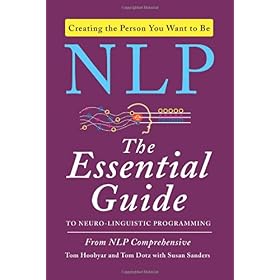Burgo, J (2012) Why Do I Do That: Psychological Defense Mechanisms and the Hidden Ways They Shape Our Lives. Chapel Hill, NC: New Rise Press.
Joseph Burgo, psychotherapist and expert blogger, has written a readable, informative, and above all, useful account of our psychological defences - the lies we tell ourselves to avoid emotional pain. He has a gift - you can see it in his blog - to engage with the reader and tranform complex psychological phenomena into understandable and recognisable everyday human processes. This is a good trait in a psychotherapist. In a writer it means the insights of psychoanalysis are available to the reader and he or she can use the book's contents and exercises to begin some self-analysis. The book has helped me to understand the unhelpful ways I protect myself from emotional pain and the costs involved. It offers the possibility of choice - more enriching ways of relating and being in the world, ways that are more in touch with reality.
The defence mechanisms are unconscious and repeating patterns that keep our experience of self and others predictable and safe. Burgo writes about denial, splitting, idealisation and projection as means by which pain is avoided and distressing reality kept at bay through dissociation or by locating it elsewhere, particularly in others.
The book begins with a quiz inviting the reader to explore their own psychological make up and the defences that might accompany the different ways of being. After each chapter there are exercises to help the reader identify how each defence might be being deployed in his or her life. I have found it useful to keep a journal whilst reading the book, for my observations and as a place to do the exercises. As a result I have discovered interesting things about my own defences and learnt to be even more curious about the defences employed by my clients. Like Burgo I believe defences are a part of everyday life, to be expected, even appreciated, after all their intention is a positive one: learnt at times of great stress to keep us functioning; but at a cost and ultimately defences get in the way of seeing and engaging with the world as it really is.
So I can happily recommend Joe Burgo's book, without, I hope, idealising either the book or Joe!



